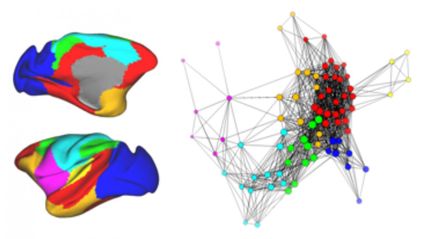TEMPO study further demonstrates the benefits of Azilect in early Parkinson's disease patients
Newly published data confirms long term efficacy, safety and tolerability in treating early Parkinson's disease
Advertisement
H. Lundbeck A/S and Teva Pharmaceutical Industries Ltd. announced newly published long-term data on Azilect® (rasagiline tablets) from the TEMPO study and its open-label extension. The findings confirm the long-term efficacy, safety and tolerability of Azilect® in patients with Parkinson's disease (PD) and further demonstrate the benefits obtained with early treatment initiation. The data was published in the June 2010 issue of the International Journal of neuroscience.
"The high proportion of patients (46%) remaining on Azilect® monotherapy after two years in the trial suggests that starting Azilect® earlier in the treatment paradigm offers us an effective and safe alternative to using dopamine agonists for an extended period of time," said Mark Lew, M.D., lead investigator and vice chair of the Department of Neurology and Director of the Division of Movement Disorders, Keck School of Medicine of the University of Southern California. "These results provide added support for a growing approach to treating patients with PD earlier in the course of their disease as was also shown in the ADAGIO study."
Two common PD assessment tools were used to analyze the TEMPO trial and its long-term extension - the Unified Parkinson's Disease Rating Scale (UPDRS), and the Hoehn & Yahr (H&Y) scale, both of which assess the severity of symptoms of PD and describe how they progress. Overall, the average annual increase in UPDRS score for all patients taking Azilect® (monotherapy or in combination with -additional dopaminergic therapies) was less than two UPDRS units a year (compared to an increase of 8-12 UPDRS scores per year, typically seen in untreated PD patients). At two years, 46% of patients remaining in trial were maintained on Azilect monotherapy. Additionally, only 25 percent of patients progressed to H&Y stage III by 5.4 years, thus demonstrating initial treatment with Azilect® is a viable and effective treatment option for early PD patients that is sustained in the long-term.


















































